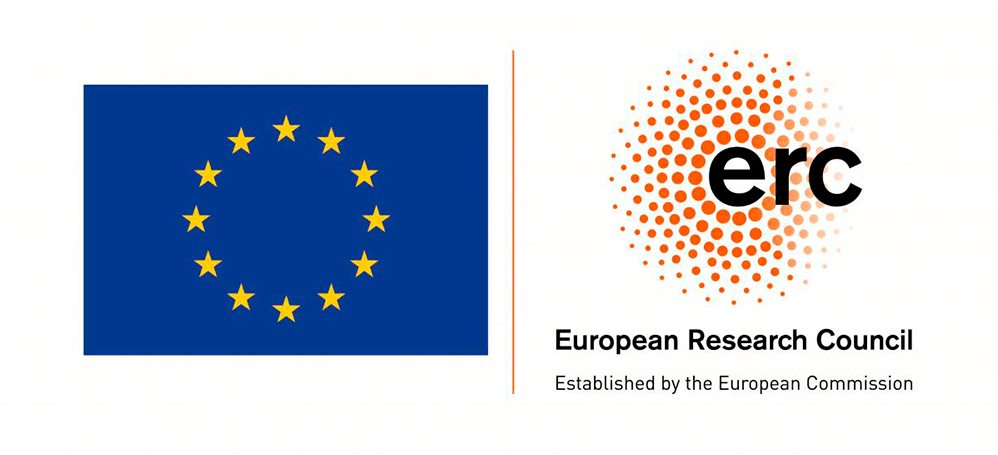Dr Maria Rubio awarded a scientific excellence grant from the European Research Council (ERC)
This financial award will fund an intervention in several primary care centres in Catalonia and is designed to encourage people with diabetes and cardiovascular disease to begin and comply with the pharmacological treatments as prescribed by their physician.
Dr Maria Rubio-Valera, who jointly leads the Evaluation of Health Technologies in Primary Care and Mental Health (PRISMA) group at the Sant Joan de Déu Research Institute, has been awarded a Starting Grant from the European Research Council (ERC), an entity which boosts the careers of young European researchers.
This grant of over one million euros will fund the project "IMA-cRCT - Effectiveness and cost-effectiveness of the Initial Medication Adherence intervention: a randomised controlled trial and economic model" for the next 5 years.
A CLINICAL TRIAL COLLECTING DATA FROM ABOUT 4,000 PATIENTS
The intervention will focus on the physician. During the appointment, the doctor will counsel his/her patient on "three main aspects: the health condition, the type of medicine prescribed and other available alternatives", underlines Rubio-Valera. She adds that "many patients complain that they were given very little information about their health condition or therapeutic options other than drug therapy. Patients are, therefore, often are not convinced about the effectiveness and safety of these drugs."
In addition to physicians, community nursing and pharmacy teams will play a key role in this intervention. "According to the patients interviewed, these professionals are most often approached to resolve doubts about treatment," says Rubio-Valera.
For the clinical trial, data will be extracted from digitalised medical records of about 4,000 people treated in about thirty primary health centres (CAPS) throughout Catalonia. This process will last two years and will evaluate the impact of the intervention on starting treatment and then treatment adherence, improvements in clinical parameters and the cost and effectiveness of the medicines in the short and long term. Once these data have been compiled, the ultimate goal is to extend the project to all primary care centres in Catalonia.
Rubio-Valera remarks that one of the aims of the project is to "engage health professionals from various fields so that patients are better informed in the consultation and pharmacy, and the treatment decision-making process is shared."
DR MARIA RUBIO-VALERA's RESEARCH CAREER
Since 2014, Dr Maria Rubio-Valera has focused her research on medication adherence and improving healthcare. After leading several studies in this field, she points out that "between 10 and 20% of prescription drugs are never picked up from the pharmacy" which has "health impacts, leading to poorer disease prognosis as well as increasing health spending".
She currently co-leads the Evaluation of Health Technologies in Primary Care and Mental Health (PRISMA) research group at the Sant Joan de Déu Research Institute.
ABOUT ERC STARTING GRANTS
The European Research Council (ERC) has awarded 436 grants to fund university and research projects across Europe, boosting the careers of young researchers. Among the scientists selected this year, 11 are based in research centres and universities in Catalonia, with a total of 23 throughout Spain.
ERC Starting Grants are highly competitive and designed to support outstanding researchers with to 2 to 7 years of post-doctoral experience, so that they can establish their own research team and conduct pioneering research.

This project has received funding from the European Research Council (ERC) under the European Union's Horizon 2020 research and innovation programme (grant agreement No 948973).

"ERC Starting Grants are highly competitive and designed to support outstanding researchers with to 2 to 7 years of post-doctoral experience."
